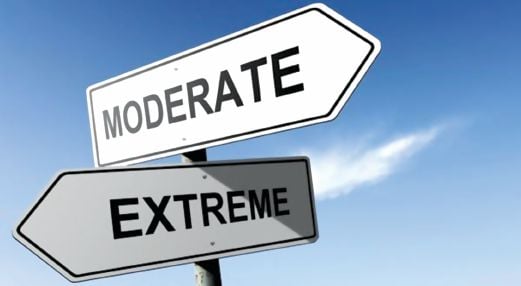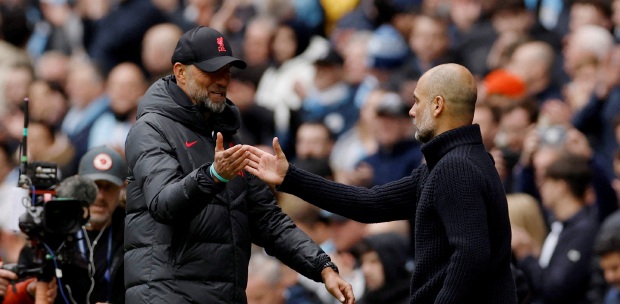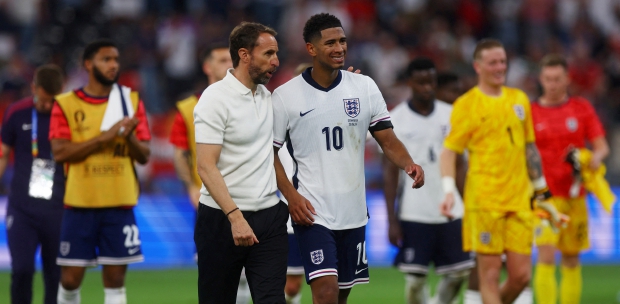A UNITED Nations colleague once asked me: “Why is Malaysia advocating moderation? Isn’t that the practice of being average, of not being in the lower strata of the international community and, yet, not being in the upper echelons either?”
I was stumped. He had a point, and I had no witty remark to make. It was September 2010, and the prime minister had just delivered his speech to the UN General Assembly. This was the “moderation speech”, as it was to later be known.
The question of what “moderation” was continued to haunt those of us who were trying to figure out a definitive answer to the puzzle. Some of the questions were answered at the frank discussions held on the sidelines of the 2012 International Conference on the Global Movement of Moderates.
At the conference itself, speakers from near and far came to give their version of moderation — what it was, what it was not. There were leaders who sought to show by example, drawing from the experience of their own countries; there were academicians who argued that moderation was an economic concept equally applicable in politics; and there were clerics who tried to clarify the concept by referring to wassatiyah.
The dinner with Tun Dr Mahathir Mohamad was the most memorable and had the audience in stitches, as he puzzled over his invitation to speak at such a conference when he was not, and never was, a moderate.
Moderation was best explained by a speaker from SOAS (School of Oriental and African Studies, University of London), who said moderation was not about who we were, but in the approach we took. A person could have extremist views, but as long as his approach to issues was moderate, he would be exemplifying moderation in practice.
Moderation, therefore, is not a way of life — as proclaimed by so many — but in the approach we take towards the life we want to live.
Extremists are those who want to convert people to their way of thinking. Extremism comes in many forms and guises, not all of which are connected to violent means. It can come as honeyed words, veiled threats or outright coercion. By virtue of this, an extremist can equally be a peace activist telling people how they should live their lives, or a suicide bomber who wants to force a change.
This is not to say people with polar viewpoints cannot work together. The Joint Comprehensive Plan of Action on the nuclear agreement with Iran is an example of how polar extremes can come to an agreement. One side wanted a nuclear programme, while the other side was adamant that it should not be possible. In the end, because both sides took a moderate approach to the issue, an agreement was inked.
Claiming we are moderates does not automatically makes us so. If moderation is a middle path, then, the moment we become the antithesis or opposite of something makes us extremists. Even more so when we try to get others to change their minds to our way of thinking.
Moderates are happy enough that everyone is different, that no one imposes their thoughts and will on others. In other words, moderates are accepting of that which they cannot change.
This got me thinking about the concepts of “resilience” and “prevention”.
In areas where there are almost always floods, the programme is of resilience rather than prevention. Building the resilience of members of a community to the natural disaster allows them to move on with their lives after disaster has struck. Prevention is not effective because it would be difficult to prevent, say, a tsunami from happening. It is not only a waste of time, but extremely frustrating for the person as well. How do you stop a force of nature?
In the end, the moderate is the person who just is. He goes about his daily life trying to effect change by what he does, not by how loud he speaks. He does not seek to radically change the world or mould it into his idea of what the world should be. His self-restraint and non-extremist actions make it possible for him to be at peace with his world and the people around him.
In a nutshell, moderation is the approach or path we take, not the viewpoint we hold. This explains why Malaysia is successful when it comes to engaging others in the international arena — we approach things with far less drama and far more common sense, and see the middle path much more clearly than those with zealous enthusiasm do.
We know that not all middle paths are peaceful. Some middle paths are the hardest to tread simply because the pressure from both extremes is too great to withstand.
However, like anything else worthwhile, the hardest of roads are the ones that give the most rewards.
The writer is a Malaysian diplomat who has served in the United Nations (New York) and is pursuing her PhD at the University of Sheffield





